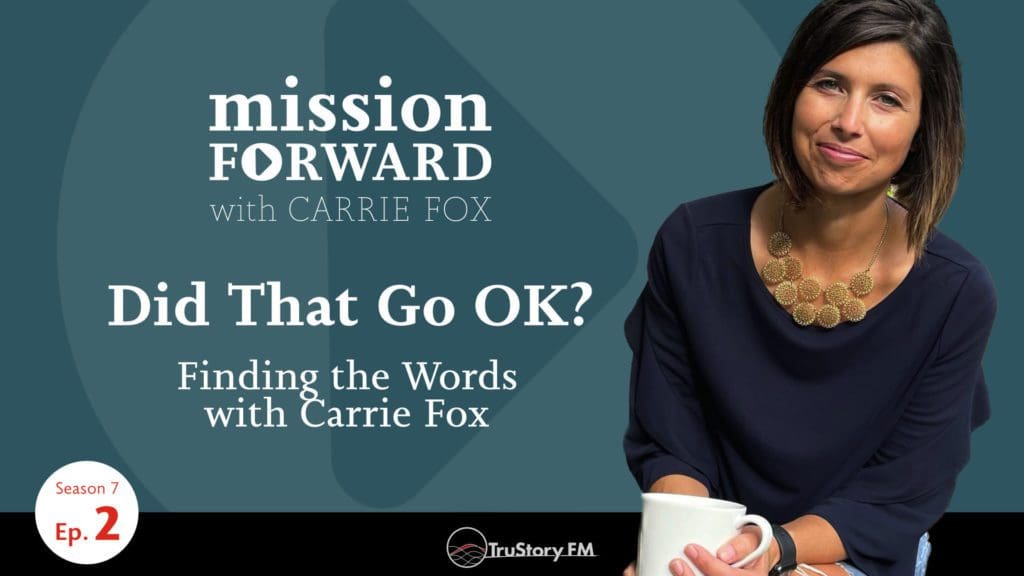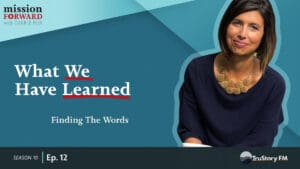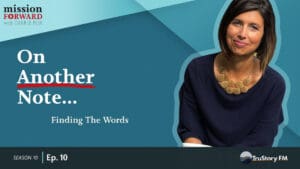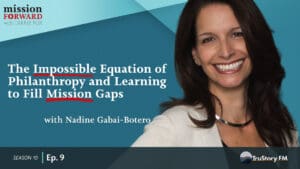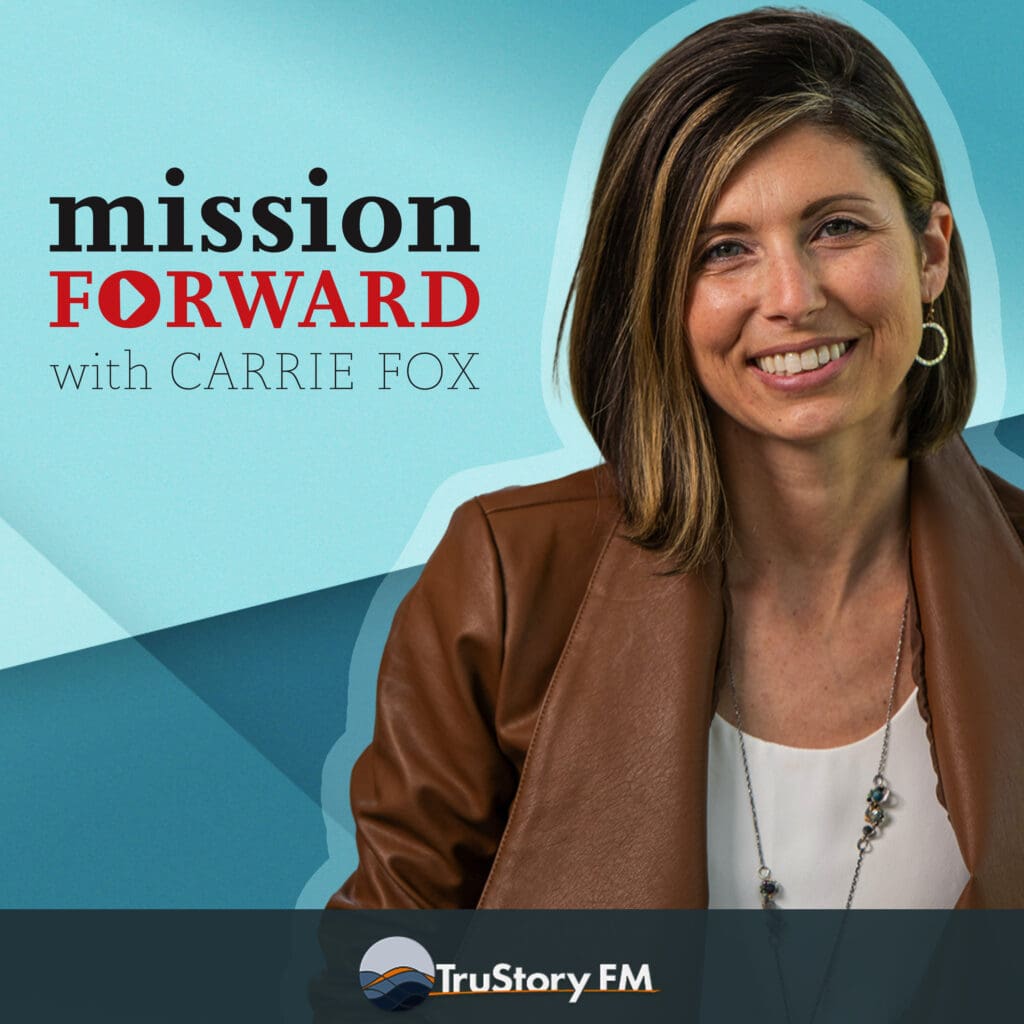Have you ever had one of those moments, maybe after a big presentation or an important conversation with a loved one when you’ve wondered, “did that go OK?” In this week’s Finding the Words, Carrie explores our universal quest to be heard.
This is week 49 of the Finding The Words column, a series published every Wednesday that delivers a dose of communication insights direct to your inbox. If you like what you read, we hope you’ll subscribe to ensure you receive this each week.
Episode Transcript
Have you ever had one of those moments, maybe after a big presentation or an important conversation with a loved one when you’ve wondered, “did that go OK?”
The desire to be heard, understood, and maybe even remembered. We all want that on some level. But even for the most confident people in the world, the anxiety-producing feeling of wondering “did my message make it through?” is a universal one.
Take it from Oprah Winfrey.
Between 1986 and 2011—a 25-year span—Oprah interviewed more than 37,000 people on her talk show, The Oprah Winfrey Show. She interviewed some of the most famous people in the world, and some lesser-known people who became famous after they sat next to her in studio.
As every single one of those 37,000 interviews concluded, the first question (and often whispered) to her was always the same:
Did that go ok?
In one form or another, everyone just wants to be seen and heard—but even the most confident of storytellers doubt their effectiveness.
Since realizing that, Winfrey has made a conscious effort to validate the people she interacts with day to day. She has learned to be more present in every interaction, realizing how important it is to acknowledge the courage in every story that she’s told.
It’s a good reminder as we near this year’s end, to acknowledge and thank the people who help make us courageous communicators. The people who validate our stories and listen when it feels like no one else is. The people who have answered “yes, it was great”, when you’ve asked, “did that go ok?”
It’s an equally important reminder to be that sounding board and support system for others.
I was reminded of Oprah’s a-ha moment while listening to an episode of Hidden Brain this past weekend, in which Shankar Vedantam was interviewing psychologist Harry Reis. The pair were discussing the role of empathy in managing through conflict, noting that even when conflicts don’t get resolved, the interactions are less harmful to relationships when people feel like they’ve been heard and understood.
There’s no escaping it. We all just want to be seen and heard.
But getting there—it involves courage. The courage to share who I really am and the courage to listen to who you really are. Whether we have the perfect words or not.
Bottom line: There is a vulnerability in letting someone see and hear us, but in the end, it’s also what we want most. So, if you’re wondering how to get people to see and hear more from you, then lean into that vulnerability. Consider what walls you’ve put up around you and try taking them down, if just a bit. I suspect your message might resonate even more as a result.
Closing note: A very special thank you to my love Brian Fox, who reads every single one of these essays the night before it’s published, and always answers honestly “if its ok.” He tells me when it is, and when it’s not. B.Fox, thanks for making me a better writer, and giving me the courage to find my words.
This is week 49 of the Finding The Words column, a series published every Wednesday that delivers a dose of communication insights direct to your inbox. If you like what you read, we hope you’ll subscribe to ensure you receive this each week.







